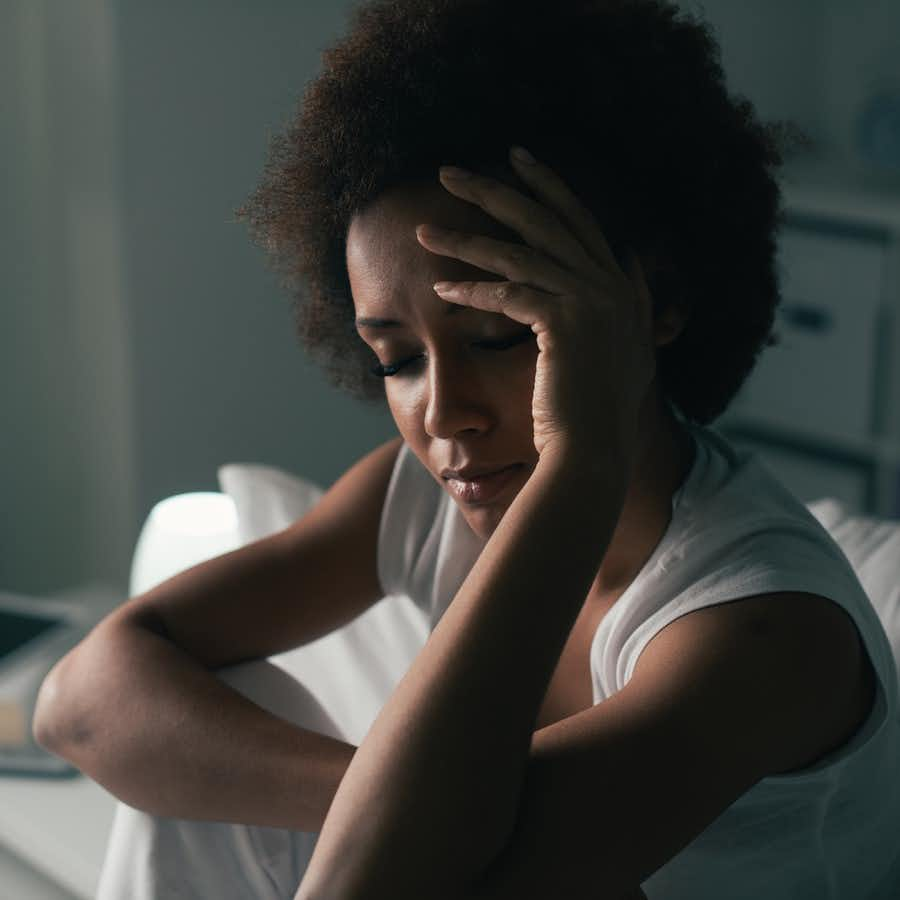
Are you sleeping enough, or are you missing out? Sleep scientist Matthew Walker says that skimping on sleep can shorten your life.
The Effects of Sleeping Less Than Six Hours Nightly:
Dr. Matthew based that conclusion on an analysis of 20 different studies. One study showed that people over 45 were twice as likely to have a heart attack or stroke at some point if they slept fewer than 6 hours most nights instead of 7 to 8 hours. Sleep deprivation also hampers immune system activity, which could make you more vulnerable to infection or cancer.
Those who pride themselves on sleeping fewer hours a night may be setting themselves up for dementia or obesity, or at least an increased risk of those disorders. Concentrating on getting a good night’s sleep may be as important as adequate exercise and a healthy diet in boosting well-being and longevity.
Older People with Trouble Sleeping:
Given that sleep problems are common and troublesome, it’s not surprising that many older people take over the counter or prescription sleep medicine on a regular basis. Almost one seventh of those who report difficulty sleeping at least three nights a week take prescription sleeping pills.
Often, people rely on such drugs for many years although the medications are labeled for short term use only. We worry about the potential negative effects of both prescription sleeping pills and over-the-counter PM-type medications.
Don’t Be Silent About Not Sleeping:
Other older people who don’t sleep well don’t talk with their doctors about this problem, even though some of them reported that pain was a factor keeping them awake. These results are based on a poll of more than 1,000 people by researchers at the University of Michigan.
http://www.healthyagingpoll.org
The People’s Pharmacy Perspective:
We should be prioritizing sleep. That may mean turning off computers, televisions, mobile phones and other screens at least half an hour before bedtime. The light given off by those screens can delay melatonin production.
You may also need to be active during the day. Research shows that people who move around more usually sleep better.
But we think that sleeping pills, if needed, should be used rarely rather than on a regular basis “just in case.” Finding nondrug options (such as a magnesium supplement) is usually preferable to taking pills.
We discuss many different approaches for combating insomnia in our Guide to Getting a Good Night’s Sleep. You can purchase a link to this online resource here. Pleasant dreams!

